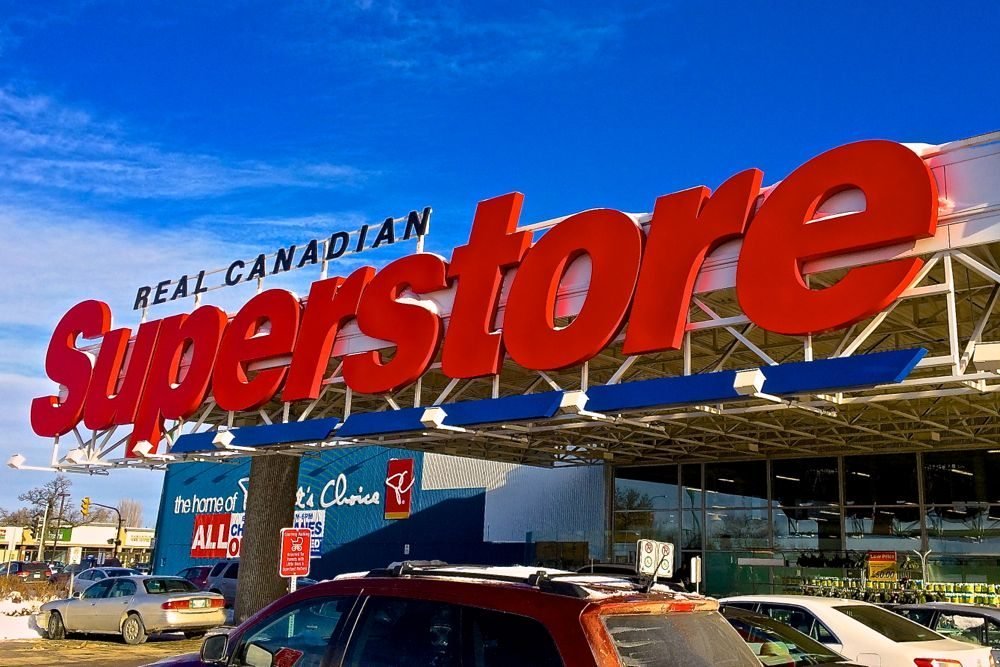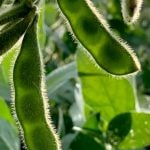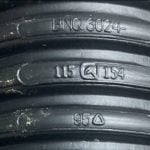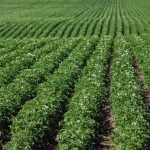Produce growers supplying Canada’s Loblaw grocery chains with fruit and vegetables are expected to benefit in sales through a new in-store marketing program for “misshapen” wares.
Through its Real Canadian Superstore chain, some of its No Frills stores in Ontario and some of its Maxi stores in Quebec, Loblaw on Thursday launched “Naturally Imperfect” fruit and vegetables through its store brand, No Name.
The program will start with apples and potatoes which, under the Naturally Imperfect brand, will be priced at up to 30 per cent less than “traditional” produce options found in the stores.
Read Also

U.S. grains: Soybean futures set two-week high on US weather worry, soyoil rally
Chicago Board of Trade soybean futures touched a two-week high on Friday on worries that heat may threaten U.S. crops and expectations that the country’s biofuel policy would boost demand for soyoil, analysts said.
The types of produce now involved in the Naturally Imperfect program have previously either been redirected for further-processing in juices, sauces or soups, or were not harvested at all due to their “small” size, Loblaw said.
Loblaw, with this program, is thus “working to ensure farmers have a market for smaller, misshapen fruit ensuring it does not go to waste.”
The long-running, generically-packaged No Name grocery and household product lines are marketed through Loblaw’s retail chains as “eliminating the elements that add cost, but do not improve product quality.”
“We often focus too much on the look of produce rather than the taste,” Ian Gordon, senior vice-president for Loblaw Brands, said in the company’s release. “Once you peel or cut an apple you can’t tell it once had a blemish or was misshapen.”
The Naturally Imperfect program, he said, “is a great example of Loblaw and our vendors coming together to find an innovative way to bring nutritious food options to consumers at a great price.”
Specs
In the wake of a recent public-policy spotlight on food waste issues — not only at retail, but at the consumer, restaurant, processor and farm-gate levels — produce growers, packers and marketers have been criticized for culling edible fruits and vegetables that fall short of specifications for size, shape, colour, weight or blemishes.
According to reports in recent years from the Value Chain Management Centre, an arm of the Guelph-based George Morris Centre, processors have often downgraded or discounted such produce and flow it to alternative, and typically lesser-value, markets.
Processors, the centre said, also generate food waste losses through inaccurate or inconsistent trimming or culling, particularly when the raw inputs are of “inconsistent” quality.
Wastes from culling are “exacerbated,” the centre said, when products are developed to certain specs for retailers’ own in-house brands, leading to already-packaged surplus that can’t be sold elsewhere.
For its part, Loblaw in recent years has estimated its overall food waste losses at the retail level at about $1 billion per year, the centre noted.
Given Loblaw’s 33 per cent market share, the centre said it’s “realistic to estimate” that Canada’s retail-level food waste overall, at chains’ stores and distribution centres, is around $3 billion per year. — AGCanada.com Network
















